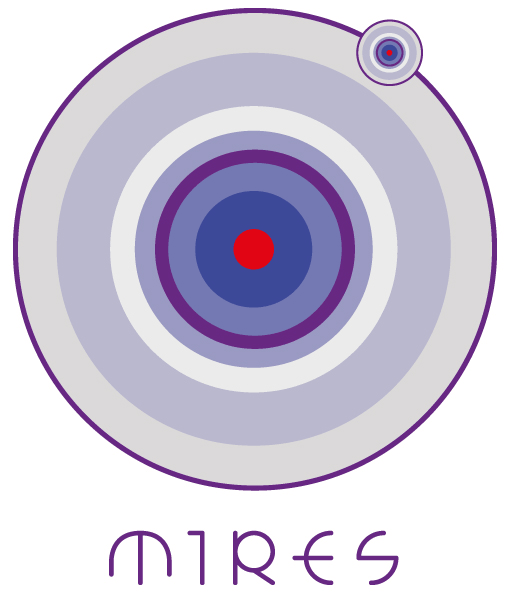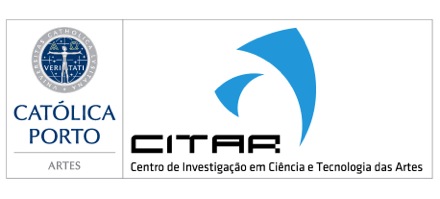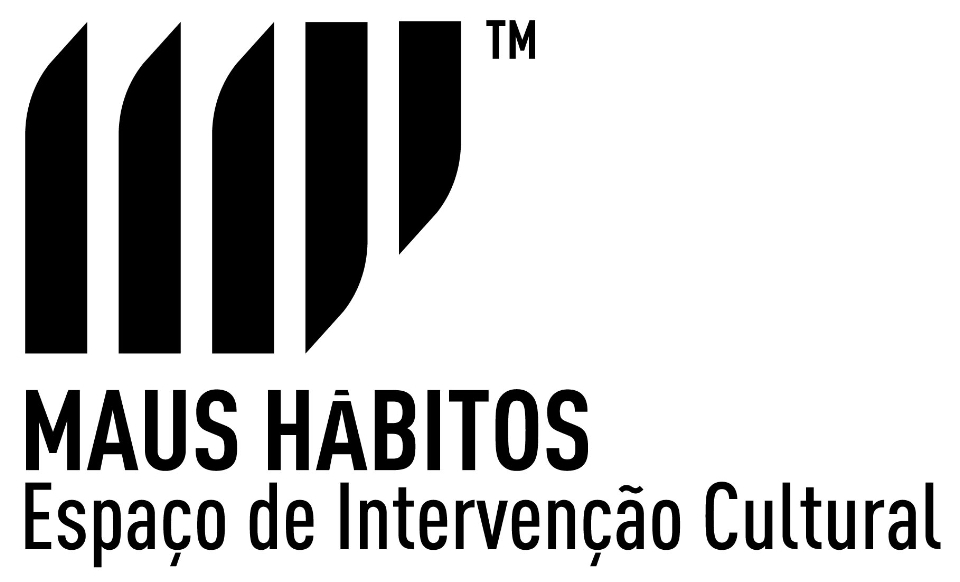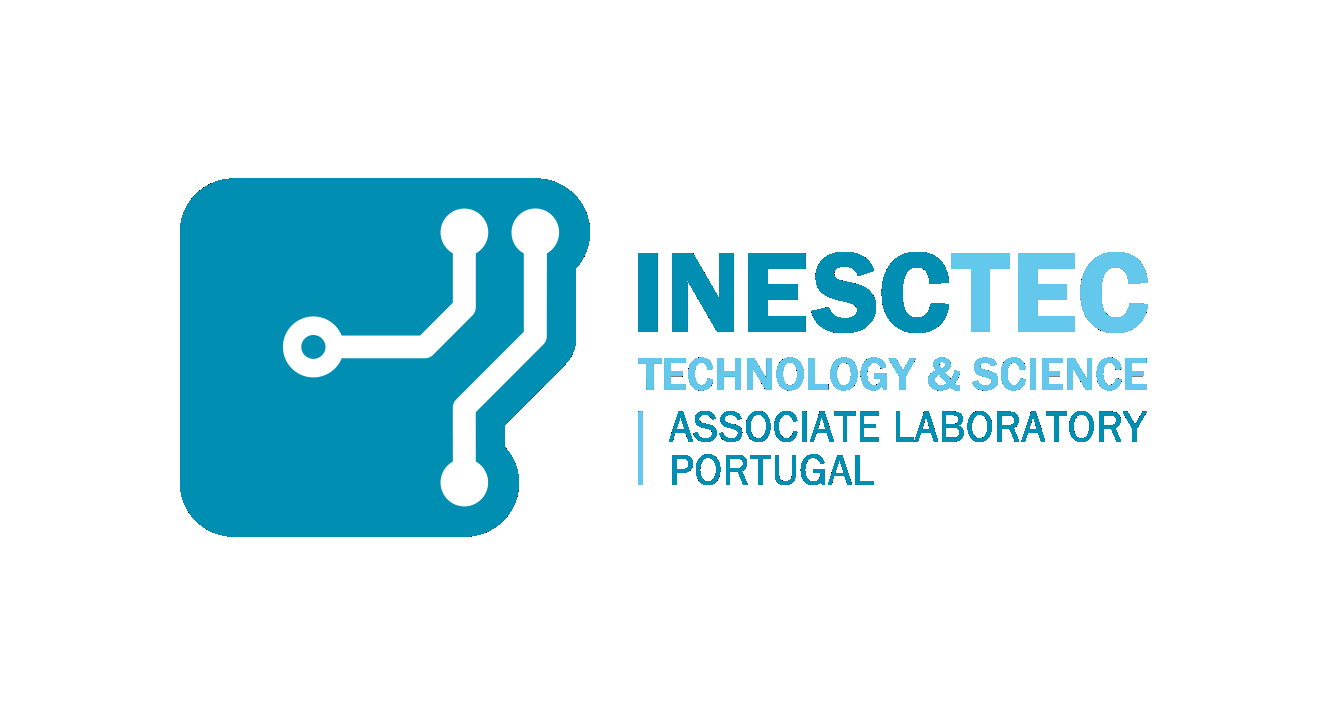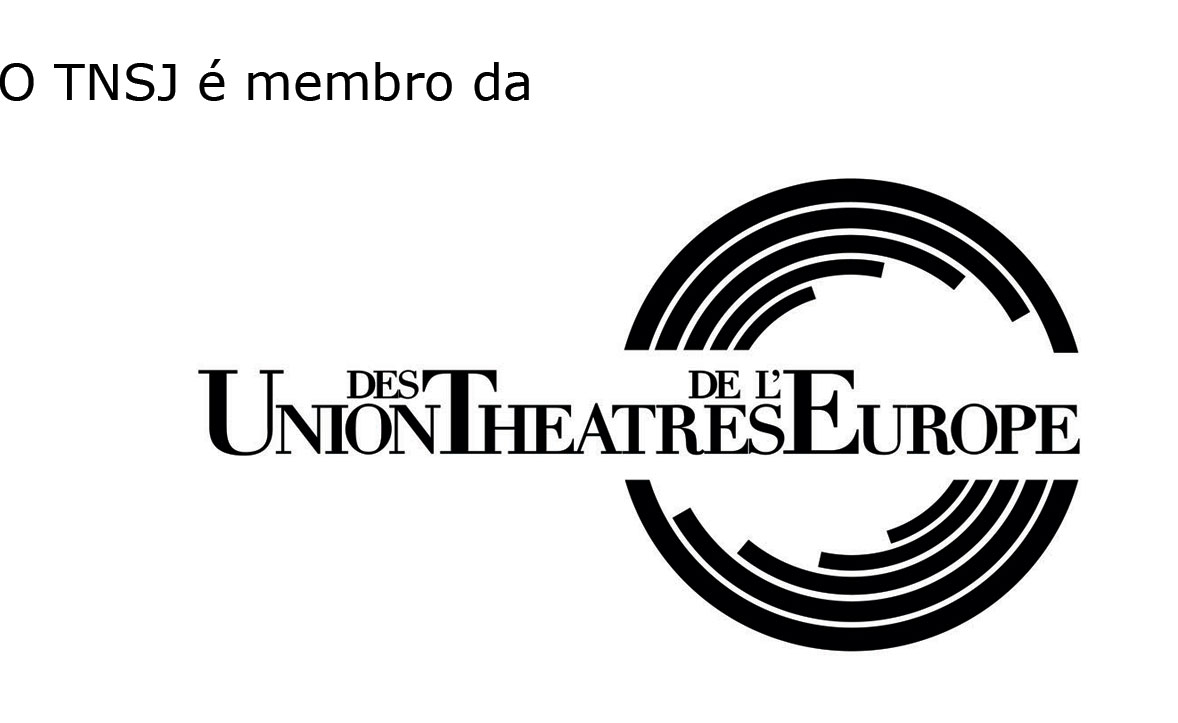Keynotes
ISMIR 2012 will feature several keynote speeches (in part sponsored the MIReS research project) by the following distinguished researchers:
- Emmanuel Bigand, LEAD - CNRS, Université de Bourgogne
- Maarten de Rijke, Intelligent Systems Lab, University of Amsterdam
- José C. Principe, Computational NeuroEngineering Laboratory, University of Florida
Emmanuel Bigand
"Cognitive stimulation with music and new technologies"
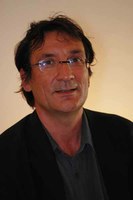
Talk abstract:
During the last 10 years, advances in cognitive neurosciences of music have revealed the potential importance of music for brain and cognitive stimulation. This opens new perspectives for education and health. Music is notably a powerful media that contributes to help stroke patients to recover cognitive and motor functions. Technologies for brain and cognitive stimulation lead to the delvopment of numerous factories ("Happy Neuron", in France for example), but for now, nothing serious has been done with music. I will finish my talk by refering to some exemples of new music technologies for cognitive stimulation.
Bio:
Emmanuel Bigand is a full professor of Cognitive Psychology at the University of Burgundy in Dijon, France, where he is the director of the LEAD lab (Laboratory for Research on Learning and Development) since 2003. He has received academic degrees in the three disciplines of Applied Mathematics (University of Montpellier, 1984), Musicology (University of Aix-en-Provence, 1987) and Psychology (Ph.D. University of Paris X, 1990), as well as formal training as a professional classical musician (First Contrabass Prize, Conservatoire National de Musique de Versailles). Prof. Bigand's research is concerned with the cognitive aspects of human audition. His research has notably established that, contrary to the traditional views in music education, human's aptitude for music can develop implicitly in the manner of language learning. Since 2007, he has been involved in numerous projects linking musical listening and performance to cognitive stimulation and therapeutic rehabilitation. His recent research has shown that music stimulation can boost linguistic performances in deaf children, and help memorization in Alzheimer patients. Prof. Bigand is the author of more than 70 journal articles, has supervised 11 PhD theses and has been the coordinator for 5 international research programs, including the ongoing ITN EBRAMUS (European Brain and Music) network.
Maarten de Rijke
Title to be determined

Talk abstract:
soon...
Bio:
Maarten de Rijke is full professor of Information Processing and Internet in the Informatics Institute at the University of Amsterdam. He holds MSc degrees in Philosophy and Mathematics (both cum laude), and a PhD in Theoretical Computer Science. He worked as a postdoc at CWI, before becoming a Warwick Research Fellow at the University of Warwick, UK. He joined the University of Amsterdam in 1998, and was appointed full professor in 2004. He leads the Information and Language Processing Systems group, one of the leading academic research groups in information retrieval in Europe. During the most recent computer science research assessment exercise, the group achieved maximal scores on all dimensions. De Rijke's current focus is on intelligent web information access, with projects on search and discovery for social media, vertical search engines, machine learning for information retrieval, semantic search and multilingual information. A Pionier personal innovational research incentives grant laureate (comparable to an advanced ERC grant), De Rijke has generated over 30MEuro in project funding. With an h-index of 42 he has published over 500 papers, has published or edited over a dozen books, is editor for various journals and book series, and a former coordinator of retrieval evaluation tracks at TREC, CLEF and INEX (Blog, Web, Question answering). He is co-chair for SIGIR 2013, the director of the University of Amsterdam's Intelligent Systems Lab (ISLA), its Information Science bachelor program and its Center for Creation, Content and Technology (CCCT).
José C. Principe
"Self-Organized Computational Perception in the Time Frequency Domains"
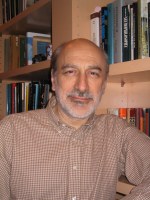
Talk abstract:
The auditory cortex in the brain does effortlessly a better job of extraction information from the acoustic world than our current generation of signal processing algorithms. This talk elucidates from some essential ideas in brain models how distributed hierarchical dynamical systems can be utilized to self organize acoustic perceptions. The proposed architecture is based on Kalman filters with hierarchically coupled state models that stabilize the input dynamics and provide a representation space where sounds produced by different instruments appear distinct, providing therefore features for further recognition. Another characteristic of the methodology is that it is adaptive and self-organizing, i.e. previous exposure to the acoustic input is the only requirement for recognition. Some examples will be provided.
Bio:
Jose C. Principe is Distinguished Professor of Electrical and Biomedical Engineering at the University of Florida since 2002. He joined the University of Florida in 1987, after an eight year appointment as Professor at the University of Aveiro, in Portugal. Dr. Principe holds degrees in electrical engineering from the University of Porto (Bachelor), Portugal, University of Florida (Master and Ph.D.), USA and a Laurea Honoris Causa degree from the Universita Mediterranea in Reggio Calabria, Italy. Dr. Principe interests lie in nonlinear non-Gaussian optimal signal processing and modeling and in biomedical engineering. He created in 1991 the Computational NeuroEngineering Laboratory to synergistically focus the research in biological information processing models. He recently received the Gabor Award from the International Neural Network Society for his contributions. Dr. Principe is a Fellow of the IEEE, Fellow of the AIMBE, past President of the International Neural Network Society, and Past Editor in Chief of the Transactions of Biomedical Engineering, as well as a former member of the Advisory Science Board of the FDA. He holds 5 patents and has submitted seven more. Dr. Principe was supervisory committee chair of 65 Ph.D. and 67 Master students, and he is author of more than 500 refereed publications (3 books, 4 edited books, 14 book chapters, 200 journal papers and 380 conference proceedings).
 Logo
Logo








